Cash-strapped train travellers are being priced off the railways, campaigners have warned as fares in England and Wales are hiked by nearly 5% despite high levels of cancellations.
Critics argue passengers are being “punished” and will be angry at Sunday’s rises given the “shocking state” of the network, against a backdrop of disruption caused by rail strikes.
Sky News has previously revealed that even before the latest increases came into effect, the UK has the most expensive train tickets in Europe.
The issue is likely to be a battleground at the next general election, with Labour vowing to bring the railways back into public ownership as contracts expire.
Regulated rail fares in England and Wales have been capped at 4.9%.
These include season tickets on most commuter journeys, some off-peak return tickets on long distance routes and flexible tickets for travel around major cities.
Train companies set unregulated fares such as advance singles, although their decisions are heavily influenced by the government.
The Scottish Government will increase ScotRail fares by 8.7% from 1 April.
Chris Page, who chairs pressure group Railfuture, said: “Why are rail passengers being punished year after year with inflation-busting fare rises?
“No matter that there’s a cost-of-living crisis, no matter that we’re facing a climate emergency, the government seems more determined than ever to price us off the railway and on to the roads.”
Read more:
What it’s like travelling on some of the country’s worst rail routes
Campaign for Better Transport campaigns manager Michael Solomon Williams said: “At a time when we urgently need to encourage people to take the train, the public will rightly be angry to discover that it has just become even more expensive to do so.
“We know that people will decide to drive or fly if the train is too expensive, so this is bad news for our personal finances, the wider economy and the environment.”
Please use Chrome browser for a more accessible video player
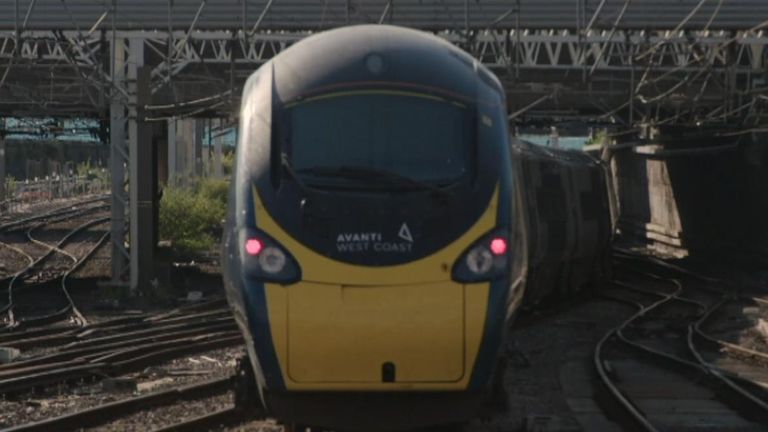
0:54
UK has most expensive train tickets in Europe
Labour’s shadow transport secretary Louise Haigh said: “This fare rise will be tough for passengers to stomach given the shocking state of rail services up and down the country.
“Since coming to power in 2010 the Tories have hiked fares by almost twice as much as wages, and now passengers are being asked to pay more for less.”
Rail minister Huw Merriman said last month the UK government had attempted to “split the balance between the UK taxpayer and the fare payer” in relation to price rises, which he described as being “well below inflation”.
Office of Rail and Road (ORR) figures show the Westminster administration provided £4.4bn of funding to train operators in Britain in the year to the end of March 2023.
Last July’s Retail Prices Index measure of inflation, which is traditionally used to determine annual fare rises, was 9%.
The Consumer Prices Index, which is a more commonly used inflation figure, was 6.8% in July 2023 but fell to 4% in January.




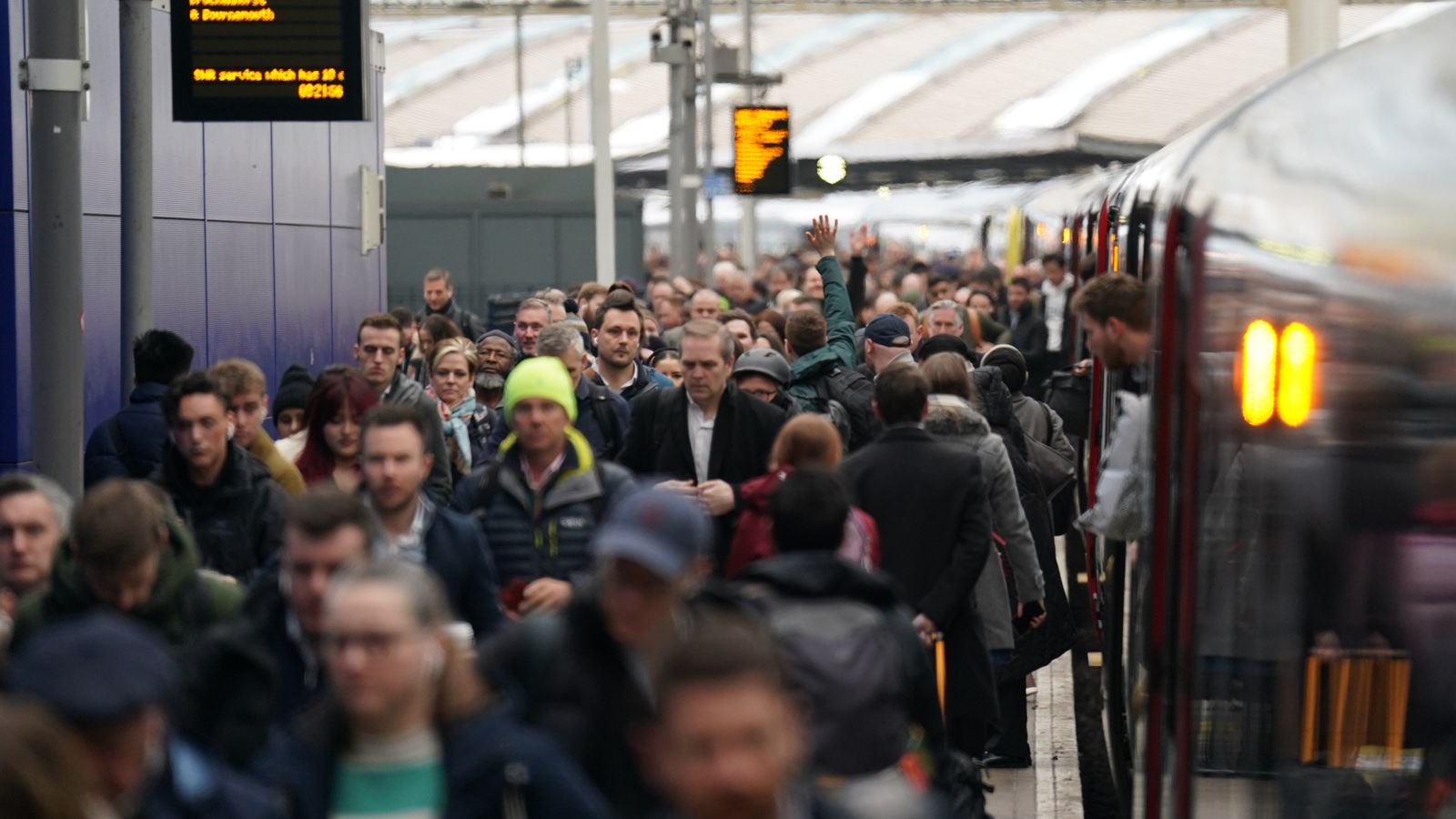

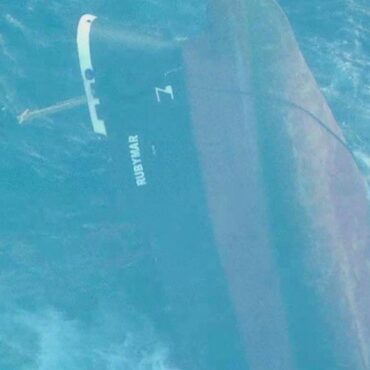
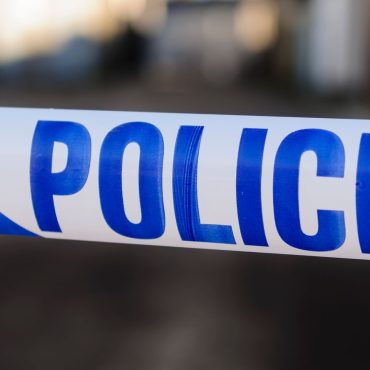
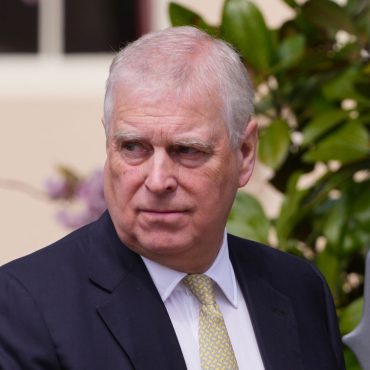



Post comments (0)